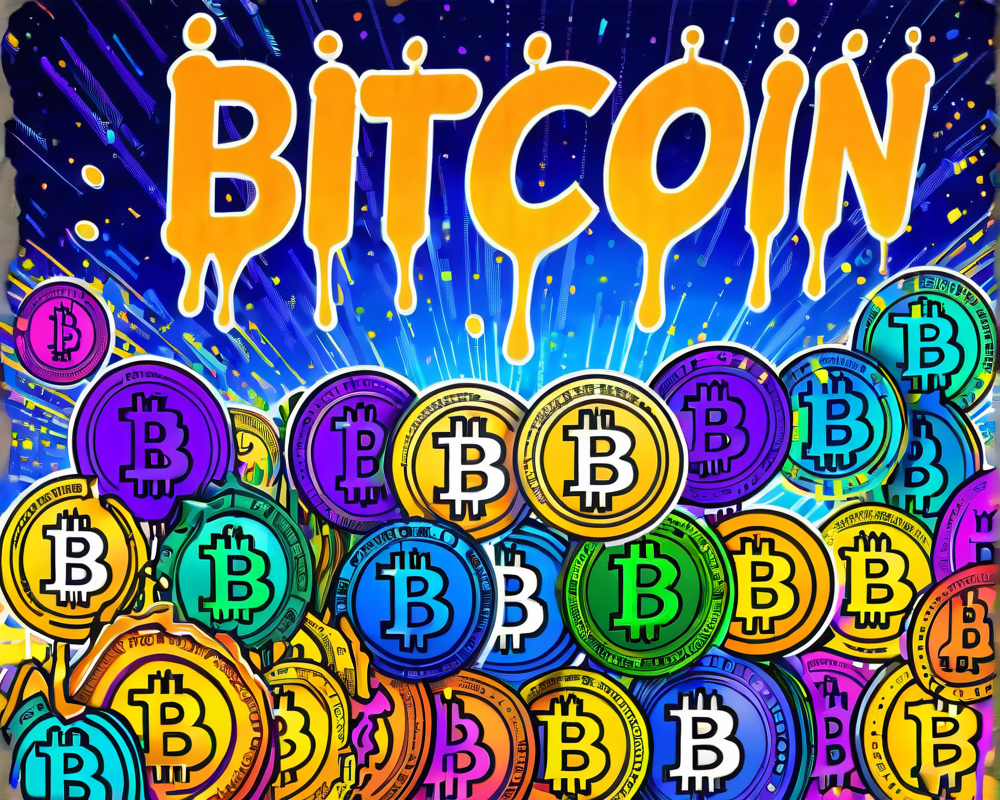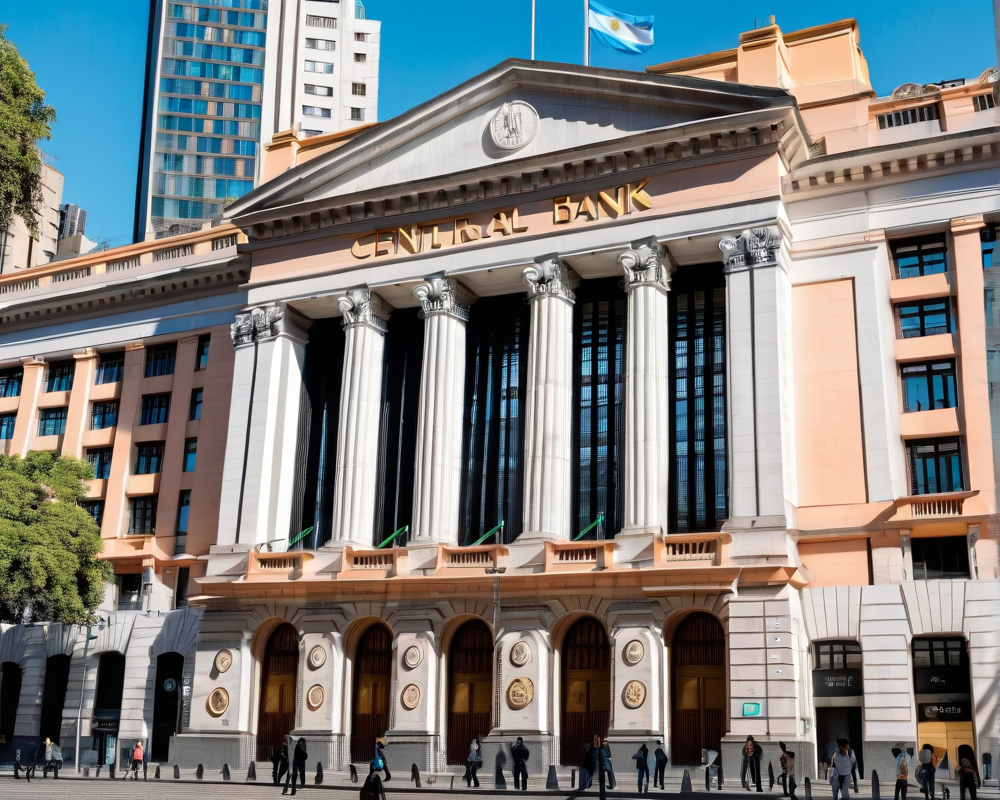The Promise of DAOs: A New Governance Era
Decentralized Autonomous Organizations, or DAOs, are often touted as the holy grail of governance. Imagine a system where every member of an organization has a say and the decision-making power is distributed. Sounds like a utopia, right? However, this fairy tale encounters a few dragons that need slaying before we can crown the ideal king.
The Token-Based Tangle
Let’s dive into one of the biggest hiccups in the DAO dream: token-weighted voting. This system, where members with more tokens have louder voices, can inadvertently transform democracy into an auction. Those holding the most tokens often wield disproportionate power, risking domination by a few wealthy participants—what we affectionately refer to as “whales”. Imagine the fallout: can a community really call itself democratic if it’s essentially a circus run by a handful of well-off ringmasters?
Case Study: The Build Finance DAO Incident
Take, for example, the infamous takeover of Build Finance DAO. An attacker leveraged their significant assets to push through a proposal that granted them total control. The outcome? The community was left flabbergasted—forced to fork the project and start over. Talk about a plot twist right out of a bad thriller!
Finding the Balance: Rethinking Governance Structures
Now, how can we rescue DAOs from the brink of chaos? Spoiler: it’s not with fat cats swimming in pools of tokens. Instead, imagine a governance model where voting power aligns with engagement and contributions. This could be grounded in measurable key performance indicators (KPIs) that keep members accountable and focused on the collective good.
What If Voting Was Earned?
- Engagement Metrics: Track participation levels, discussions, and contributions.
- Contribution Weight: Adjust voting power based on meaningful actions benefiting the community.
- Transparent Tracking: Use blockchain to monitor and validate contributions in real-time.
In this scenario, members who merely sit back and observe would find their voting power dwindling. No more free rides—time to put on those work boots!
The Broader Impact of a New Framework
This envisioned voting model could revolutionize governance not just in DAOs but also across various sectors—think charity organizations, environmental groups, and even some levels of government. Why let capital gain be the only motivator when community welfare can play a starring role?
Lessons from NFT Communities
In the NFT realm, communities have already discovered that incentivizing participation leads to a better collective experience. For example, being active within a community can actually land you on a “whitelist” for a hot NFT drop. Talk about turning participation into profit! This approach shows us a glimpse of a future where collaboration trumps competition and everyone has skin in the game.
Final Thoughts: Charting a Path Forward
As we explore alternative structures for DAOs, it’s crucial to remain on guard. Vulnerabilities abound, and if we’re serious about making decentralized governance a global movement, we must address these challenges head-on. With innovative governance models, we can steer the DAO ship away from iceberg-laden waters and toward a bright, collaborative future.




